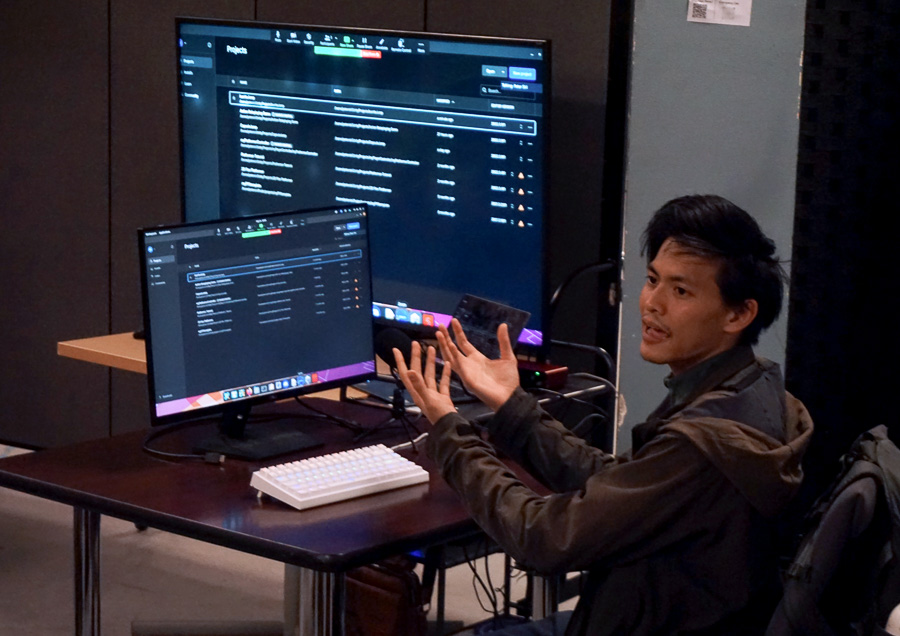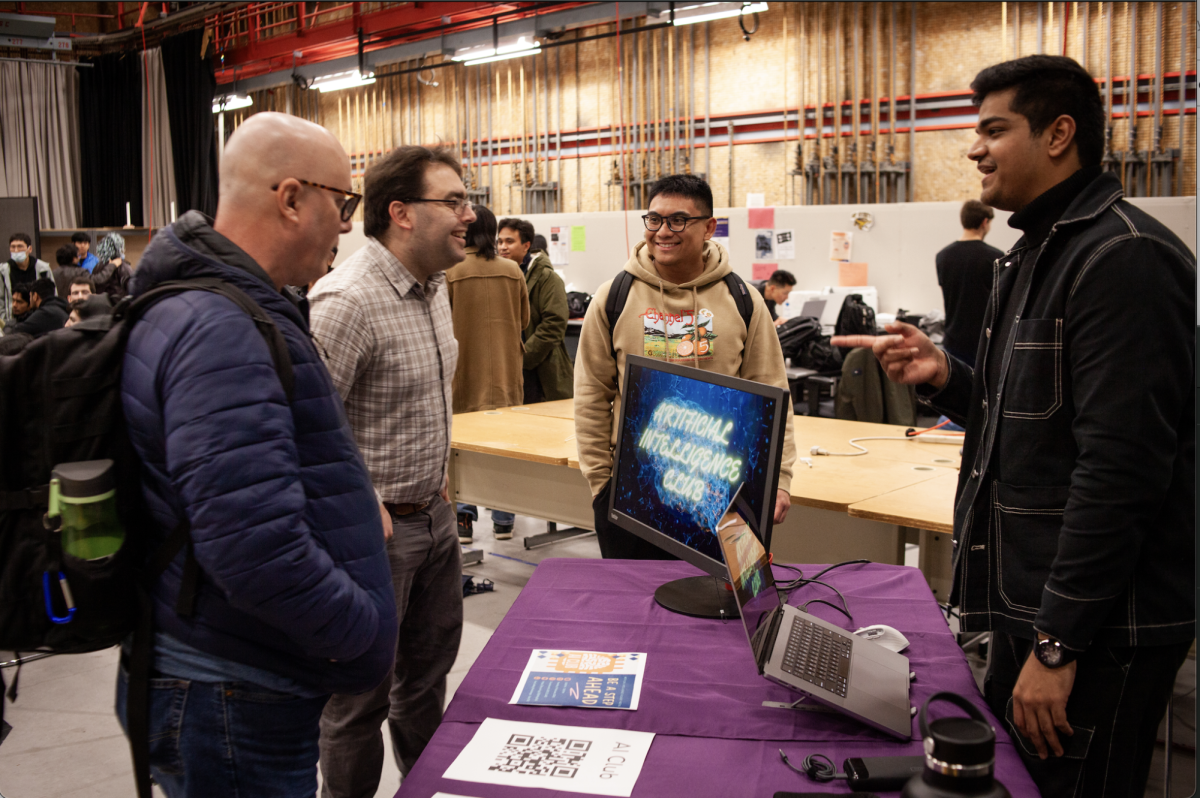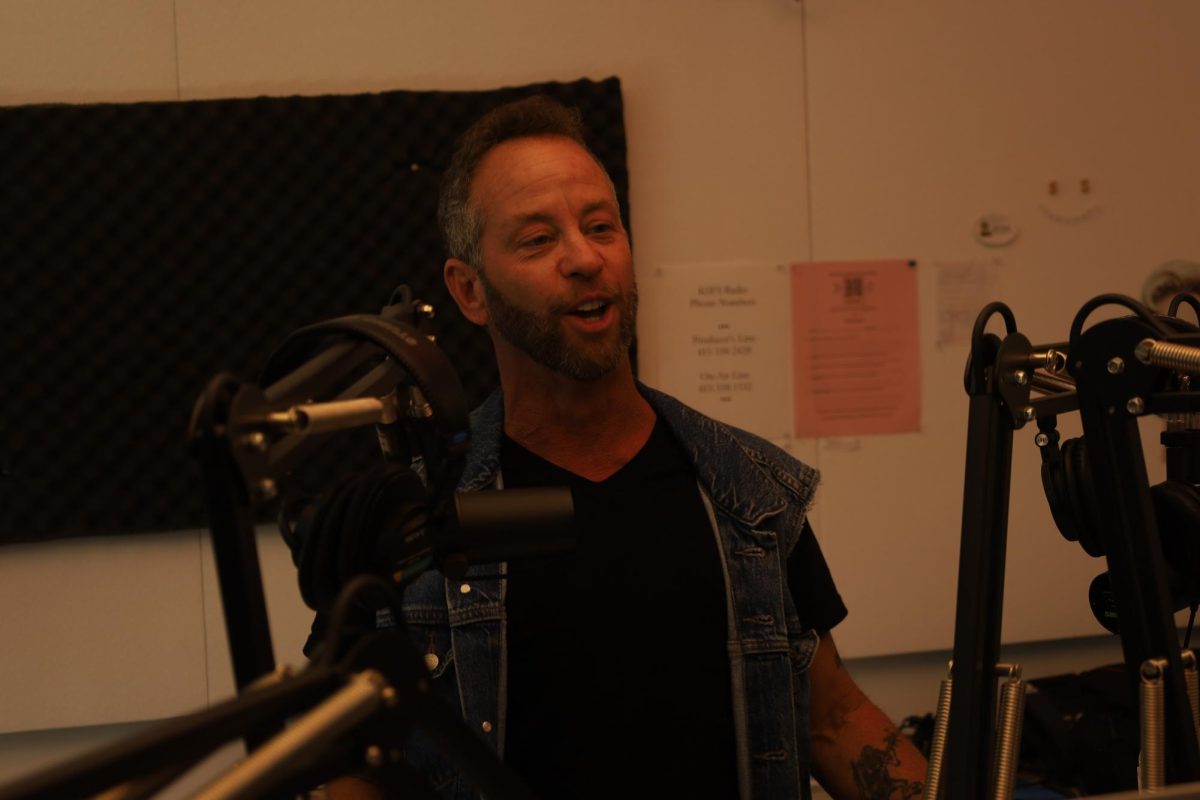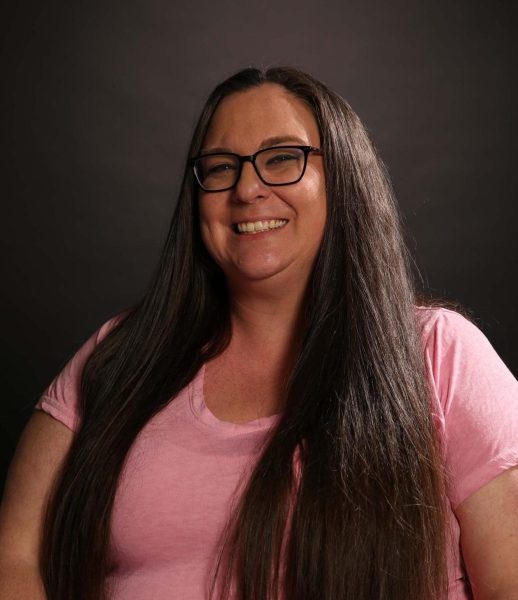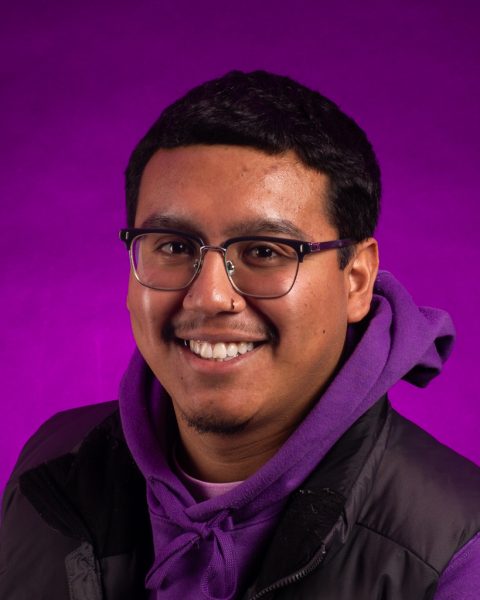One of the leading causes of death among college students in the United States is suicide, according to the Suicide Prevention Resource Center. San Francisco State University’s Counselling & Psychological Services offers crisis services to students who struggle with suicidal thoughts or suicidal ideation.
This year, National Suicide Prevention Week is from Sept. 10 to Sept. 16.
Peter Siri, a transfer student majoring in computer science at SFSU, found community support in the Association of Computing Machinery Game Development as he longed for social connections.
“When the fall 2022 semester started, every program [at SF State] had to go back in person. I moved into a new apartment, which was my first time living at SF State since 2020,” Siri said. “I began experiencing long episodes of melancholy.”
Siri admittedly had difficulty keeping up with his academics and became uninterested in activities he typically enjoyed.
“Once in that state of mind, it’s hard for me to stop ruminating. I tend to dwell on my own issues and why we have all these issues in our society,” he said.
The semester got progressively worse for Siri.
“By the end of the semester, it got really intense. There was one course I did not complete. I wasn’t ready for the next semester,” he said. “I had a fallout in my game development program because I could not communicate effectively. I was feeling lots of pressure. My credit card balance was increasing. It only got worse in 2023.”
CAPS provides education on warning signs that it may be time to seek out therapy, according to Stephen Chen, the director of CAPS.
CAPS works toward increased mental health awareness around campus. They have presentations in classrooms and provide crisis consultations with students who seek out help.
“Speaking directly about suicidal ideation works to make the topic less taboo and empowers [people] to know how to care better for themselves and that we are here for them,” Chen said.
That was the case for Siri, as his thoughts weren’t necessarily explicit.
“It was not something I planned out specifically. I never devised a particular way of taking my own life. All I remember was there were thoughts of falling down,” he said. “These thoughts were common when I was next to a window. These thoughts started creeping in more and more. That’s when I knew it was a problem, I wanted to talk to CAPS about these thoughts.”
CAPS offers assistance with all types of mental health. Students can receive help with relationship problems, emotional or social difficulties, symptoms of anxiety, depression, gender identity, substance use, and more.
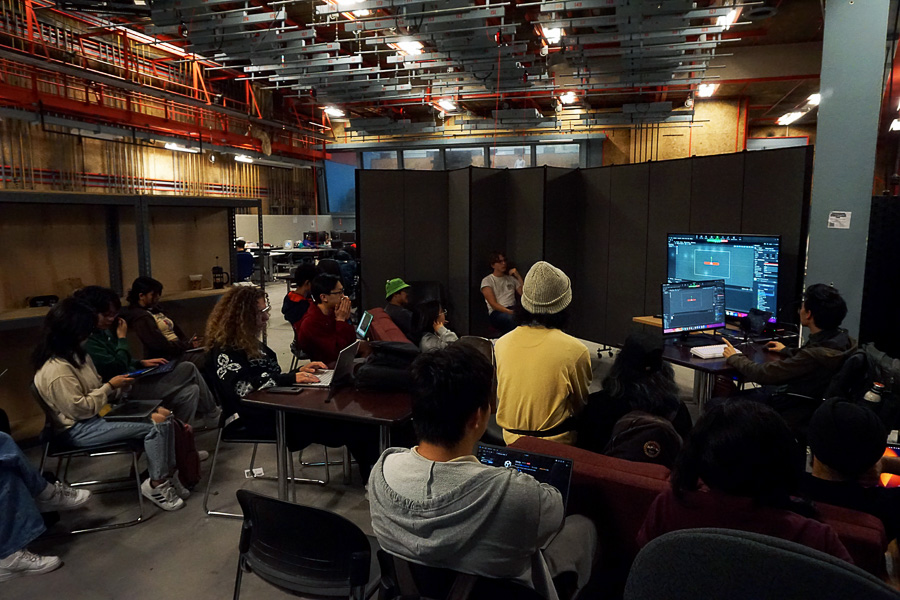
“The mission of CAPS is to enhance the psychological well-being of the entire campus community and thereby facilitate the retention and successful educational experience of students, faculty, and staff,” according to CAPS’ website.
After learning more about CAPS, Siri was able to seek out information about counselors and caseworkers who specialize in the mental health services available to students. CAPS services are included in the student health fee as part of their tuition and are available to all currently enrolled undergraduate and graduate students.
Van Hedwall, the Director of Programs for San Francisco Suicide Prevention, said college-aged people are facing unique challenges with new environments and experiences that could be challenging for college students.
“Not being able to make the best decisions, feelings of not being ‘good enough,’ these impact mental health issues for folks coming out of adolescence into young adulthood,” Hedwall said. “Feelings of being overwhelmed, isolation, drug and alcohol abuse, all can lead to suicidal ideation.”
Siri started working with a financial assistance program that was recommended to him by
Food+Shelter+Success, which offers resources to support students, worked with them to significantly lower his credit card interest rates and work toward paying off his balance and making better financial decisions.
Siri continues to seek services to learn to deal with life’s stressors. Even though he continues having negative thoughts, he remains hopeful.
“There are still things in this life that are still worth living for. I want to remind myself that things are tolerable,” Siri said. “I know I was in a rough spot, I still have a lot of things to live for. It would be a huge tragedy not to fully realize these things. The worst thing that could happen is considering [ending one’s life] as an option.”
If you or someone you know is in crisis, contact CAPS’ Crisis Consultations, or contact the Lifeline anytime at 988. If you believe you are having a medical emergency, please go to the nearest emergency room or call 911.


